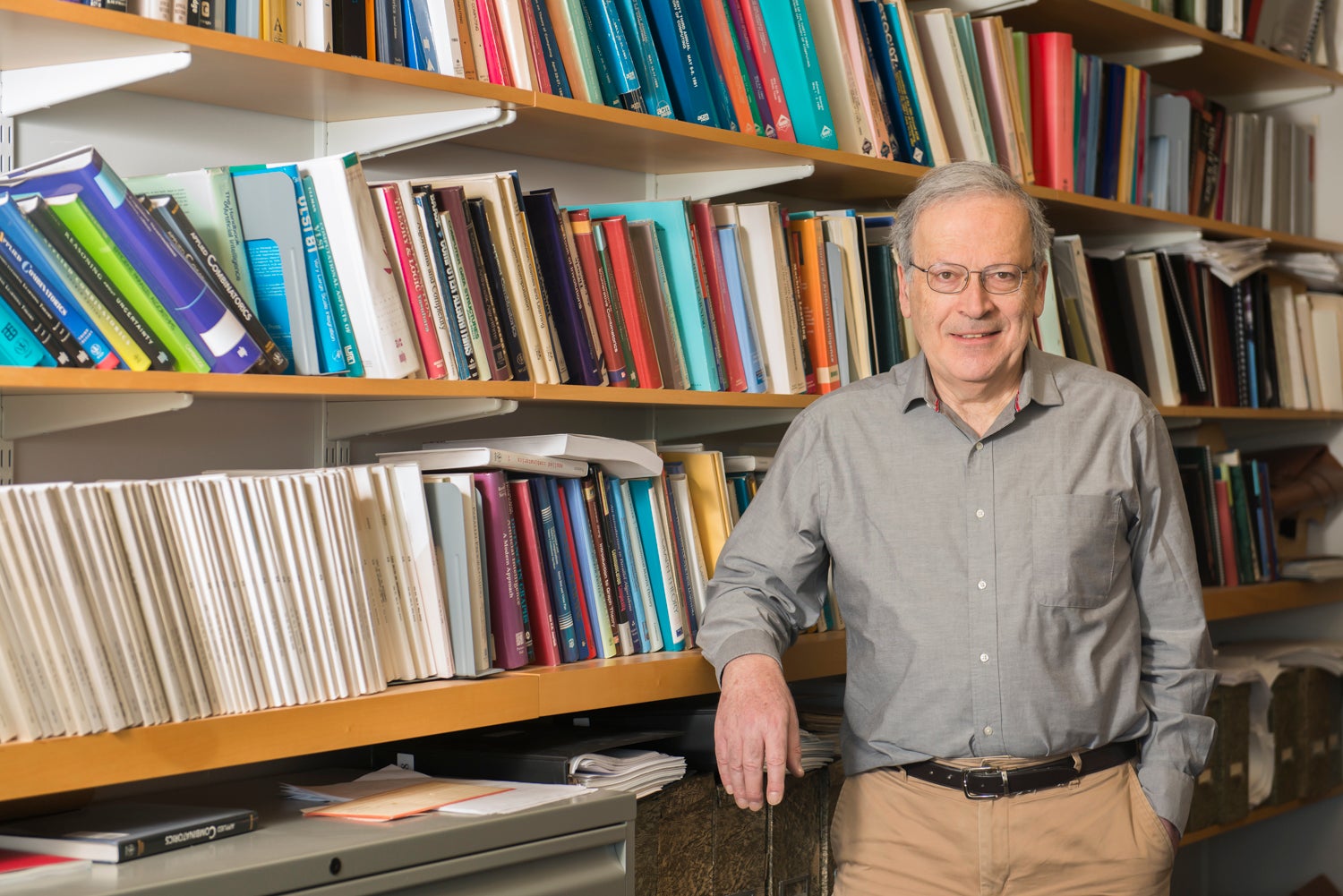
Computer science encompasses the study of both artificial as well as natural phenomena. The former concern artificially created devices such as computers. The latter relate to the many step-by-step, or computational, processes found in nature such as in the brain or in the course of biological evolution. In most areas, whether natural or artificial, the ultimate limitations of such processes are as yet not well understood. The potential of computing devices may be currently far from being fully realized, while fundamental quantitative questions in neuroscience and evolution remain unanswered. Professor Valiant’s current research focuses on a number of such basic questions.
In neuroscience the focus is on reconciling quantitatively the evidently large capacity of the human brain for performing cognitive tasks, with the equally evident limitations of being sparsely connected and having slow components. It is conjectured that the cognitive functions are implemented in terms of a small set of fundamental computational primitives that act on, possibly large, sets of neurons. The question being investigated is that of determining the identity of these primitives. Very roughly, what are the systems level equivalents of the Hebb rule? This question is being investigated by analysis, but proposals are also being formulated for experimental testing.
